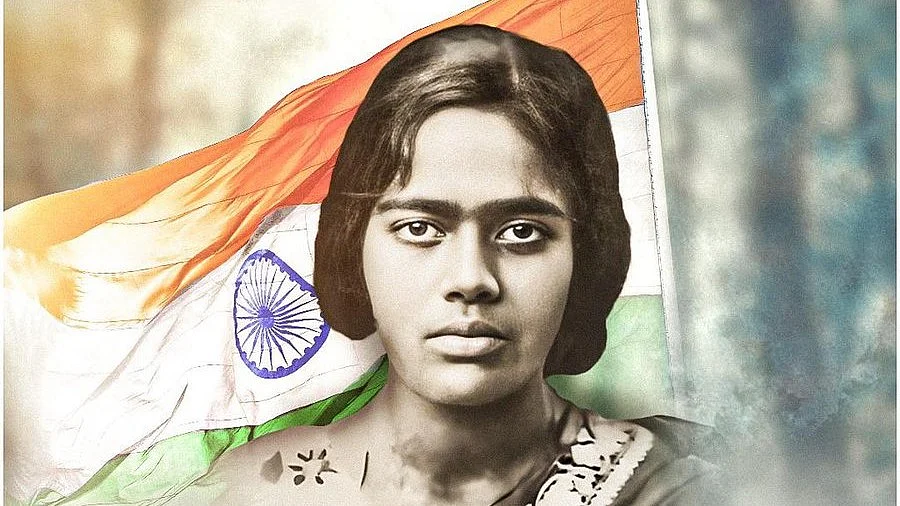“I declare myself a revolutionary,” said 21-year-old Pritilata Waddedar in her last note
And so it was, for her martyrdom inspired a generation of Indian (and yes, Bangladeshi) women to join the fight for freedom from the British empire almost a century ago

West Bengal chief minister Mamata Banerjee paid tribute on 24 September, Wednesday, to Pritilata Waddedar, the revolutionary freedom fighter. Today being her day of martyrdom, the CM used the occasion to speak of Bengal as the land of “countless fiery daughters” in her honour, citing several other key figures of the freedom struggle against the British empire.
In her message, Banerjee remembered not only Waddedar, but also other legendary revolutionaries such as Matangini Hazra, Kalpana Dutta, Bina Das and Suniti Chowdhury.
She stated: “On the martyrdom day of freedom fighter and martyr Pritilata Waddedar, I convey my heartfelt respects. I offer my salutations to this soil of Bengal, where such a heroic daughter was born. Not only she... Matangini Hazra to Kalpana Dutta, from Veena Das to Suniti Chowdhury... our Bengal is the birthplace of countless fiery daughters.”
The chief minister's homage was accompanied by a reflection on Bengal’s central role in India’s freedom movement, declaring, “I always believe that without Bengal, the Independence movement would not have triumphed. Bengal was the backbone of the Independence movement.”
Pritilata Waddedar (1911–1932) was a trailblazer in the struggle against British colonial rule. Born in Chittagong, now in Bangladesh, she broke barriers by joining Surya Sen’s Indian Republican Army and becoming a key participant in the famed Chittagong armoury raid. Her leadership came to the fore in 1932, when she led a group of revolutionaries in an armed attack on the Pahartali European Club, notorious for its racist policy — a sign at the door infamously read “Dogs and Indians not allowed”.
Wounded and cornered by the police after the attack on the Club, Waddedar chose to fall back and cover her colleagues’ escape, finally swallowing cyanide rather than be captured alive to stand trial and becoming Bengal’s first woman martyr — and inspiring generations of women to join the struggle for freedom.
Banerjee also highlighted the Alipore Museum, established by her government as a tribute to Bengal’s freedom fighters, and emphasised that the vision of unity and harmony embodied by revolutionaries such as Pritilata must be preserved.
‘Bangladeshi’ revolutionary Waddedar’s impact extended far beyond Bengal, however, across India. Her death at just 21 years of age galvanised the women’s resistance and underscored the pivotal role they could play in India’s freedom struggle.
As a pamphlet found on her body upon her martyrdom read, “Women today have taken the firm resolution that they will not remain in the background. For the freedom of their motherland, they are willing to stand side by side with their brothers in every action, however hard or fearful it may be… I boldly declare myself as a revolutionary.”
Waddedar’s sacrifice — choosing death over capture — became a symbol of the courage that marked Bengal’s revolutionary history, echoing the legacy of the many “fiery daughters” and heroic women who paved India’s path to freedom.
The British Raj, in its indignation, denied the soon-to-graduate Waddedar her BA degree — which would be finally posthumously granted by the Calcutta University only as recently as 2012 under the then Marxist government in West Bengal.
Follow us on: Facebook, Twitter, Google News, Instagram
Join our official telegram channel (@nationalherald) and stay updated with the latest headlines
